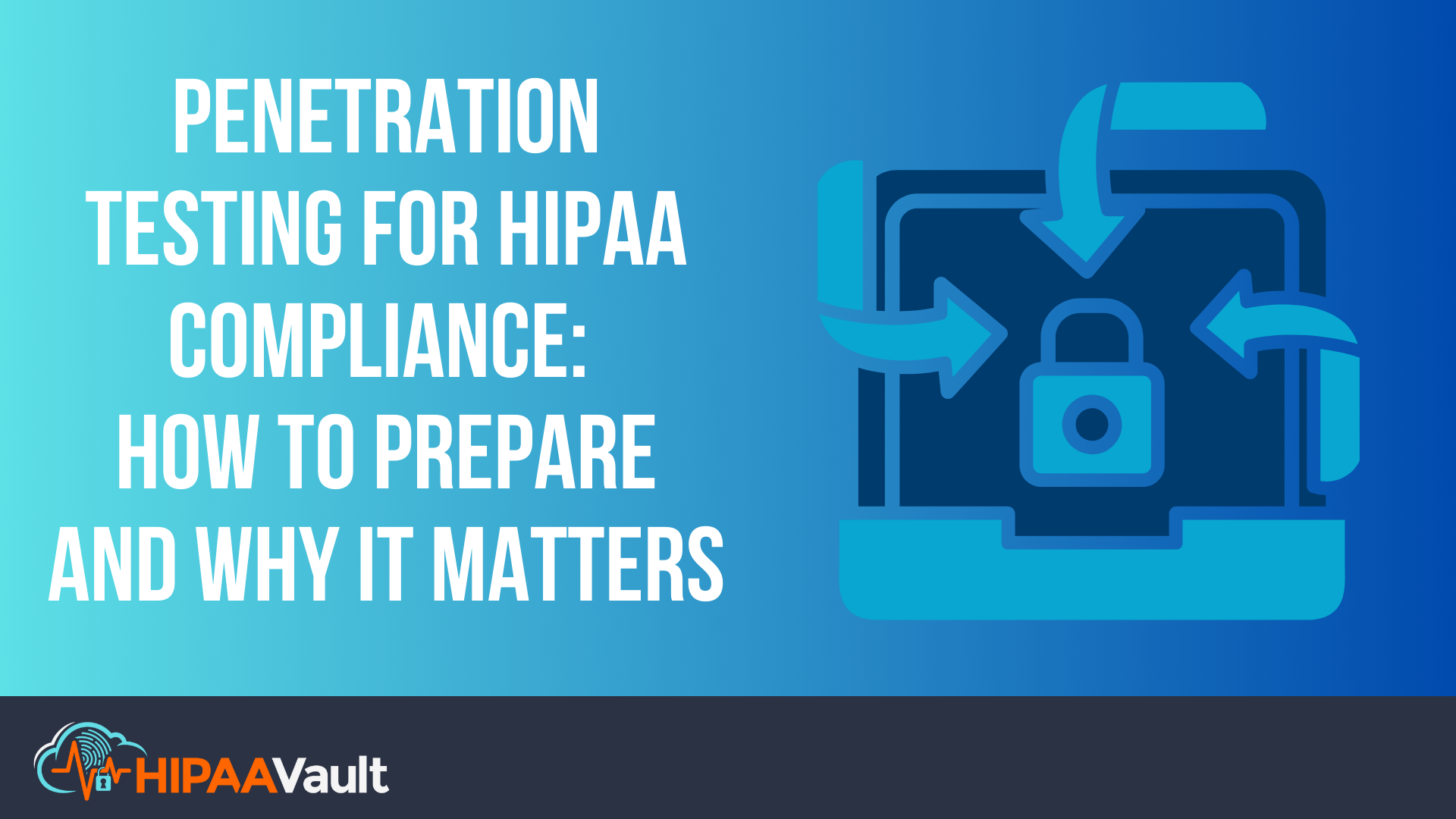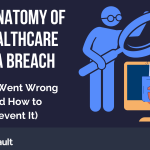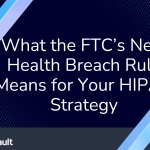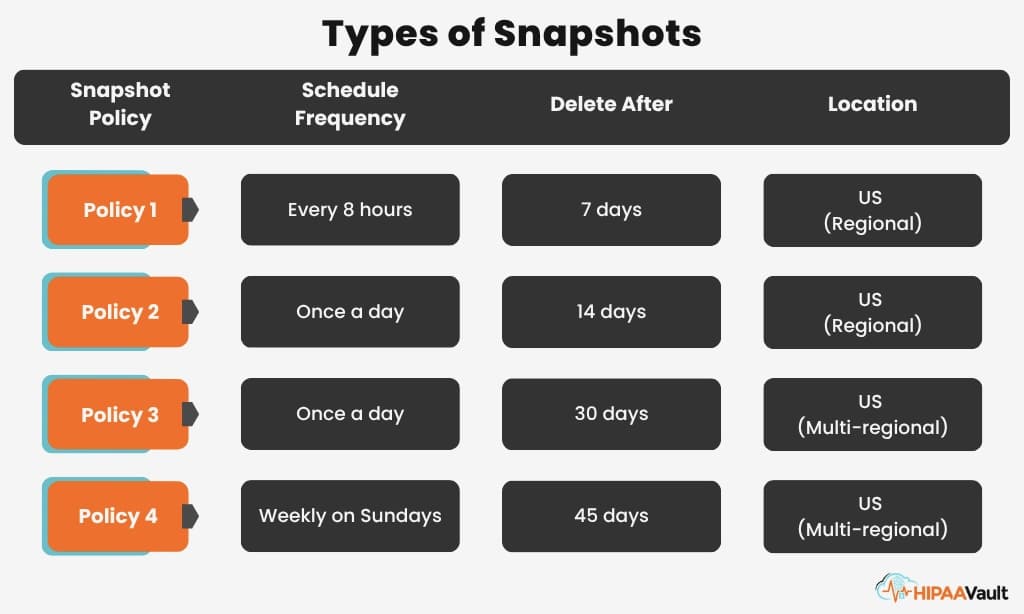Penetration Testing for HIPAA Compliance: How to Prepare and Why It Matters
Introduction: The Hidden Cost of Skipping Security Testing
Healthcare data breaches continue to rise in frequency and severity. According to IBM’s 2023 Cost of a Data Breach report, the average cost of a healthcare breach is now over $10 million—higher than any other industry. This isn’t just a financial burden; it’s a major risk to patient safety, data integrity, and regulatory compliance.
At HIPAA Vault, we’ve helped healthcare providers strengthen their security posture for more than two decades. One of the most effective tools in our security toolkit is penetration testing—a key part of a strong HIPAA compliance strategy. This article explores how healthcare organizations can prepare for penetration testing, what the process involves, and why it’s a critical investment.
Why Security Testing Matters for HIPAA-Regulated Organizations
Regular security testing allows healthcare organizations to uncover hidden weaknesses before attackers can exploit them. It also supports compliance with the HIPAA Security Rule, which requires covered entities and business associates to safeguard protected health information (PHI).
While basic vulnerability scans identify known software flaws, penetration testing goes further by actively trying to exploit those vulnerabilities. The goal is to simulate real-world attacks to find and fix serious security issues that automated tools might miss.
Understanding Penetration Testing in the HIPAA Context
HIPAA penetration testing refers to controlled, ethical hacking efforts designed to find and assess vulnerabilities in systems that store or transmit electronic protected health information (ePHI). These tests are typically conducted by certified cybersecurity professionals with expertise in healthcare systems and compliance.
Penetration testing supports key elements of HIPAA’s Security Rule (45 CFR Part 164, Subpart C), especially the requirements for technical safeguards and risk assessments. Although not explicitly required by HIPAA, penetration testing is widely accepted as a best practice and aligns with the rule’s intent to evaluate the effectiveness of an organization’s security measures.
HIPAA Requirements That Relate to Penetration Testing
Administrative and Technical Safeguards
Under the HIPAA Security Rule, organizations must implement both administrative and technical safeguards. These include:
- Conducting a regular risk analysis (45 CFR §164.308)
- Managing and mitigating identified risks
- Implementing access controls, encryption, and audit logs
Penetration testing helps validate that these safeguards are working as intended.
The “Addressable” Standard for Evaluation
HIPAA includes several “addressable” standards, which give organizations flexibility in how they meet compliance. One of these is the requirement for regular evaluations of security controls. Penetration testing helps meet this requirement by offering a structured and repeatable way to assess whether security measures are truly effective.
What Should Be Included in a HIPAA-Compliant Penetration Test?
A thorough HIPAA-compliant penetration test should include:
- Internal and External Network Testing
Tests both internet-facing systems and internal environments for weaknesses that could lead to unauthorized access. - Web Application and API Testing
Evaluates the security of digital applications, such as patient portals, telehealth platforms, and APIs that handle PHI. - Controlled Exploitation Scenarios
Demonstrates how attackers might exploit vulnerabilities and what the potential impact could be. - Clear Documentation and Remediation Support
Provides detailed findings with practical recommendations for fixing identified issues, which can also support HIPAA audit documentation.
How to Prepare for a Penetration Test
Define the Scope
Work with your provider to clearly define which systems, networks, and applications will be tested. This might include on-premise servers, cloud-hosted applications, or hybrid environments.
Notify Internal Teams
Let leadership, IT staff, compliance officers, and any affected departments know when the test will happen and what to expect. This ensures business operations are not disrupted and that everyone understands the purpose of the test.
Choose a HIPAA-Experienced Provider
Not all security firms understand the unique needs of HIPAA-covered entities. Choose a provider who has experience with healthcare IT environments and can ensure the testing process, reporting, and recommendations align with HIPAA requirements.
Why HIPAA Vault’s Penetration Testing Services Make a Difference
HIPAA Vault offers specialized penetration testing services tailored to healthcare organizations. Our team includes certified ethical hackers (CEH, OSCP) who are experts in secure hosting and HIPAA compliance. Here’s how we stand out:
- Deep Healthcare Experience: We understand the specific compliance needs and technical environments of healthcare providers.
- Comprehensive Reporting: We deliver detailed, easy-to-understand reports that include prioritized recommendations and remediation plans.
- Integrated Services: Because we also provide HIPAA-compliant cloud hosting, managed security, and infrastructure monitoring, our pentesting services can be seamlessly integrated into your overall risk management strategy.
- Support for Retesting and Compliance Documentation: We help ensure that your fixes are effective and documented properly, making your next audit or compliance review much easier to manage.
Conclusion: Penetration Testing Strengthens More Than Compliance
Penetration testing is not just a requirement to satisfy auditors—it’s a proactive step toward real security. In a threat landscape where healthcare organizations are prime targets, testing your defenses is essential to protect sensitive data, meet HIPAA expectations, and maintain patient trust.
With HIPAA Vault’s comprehensive, healthcare-focused approach, you gain more than a service—you gain a security partner committed to your organization’s protection and success.








